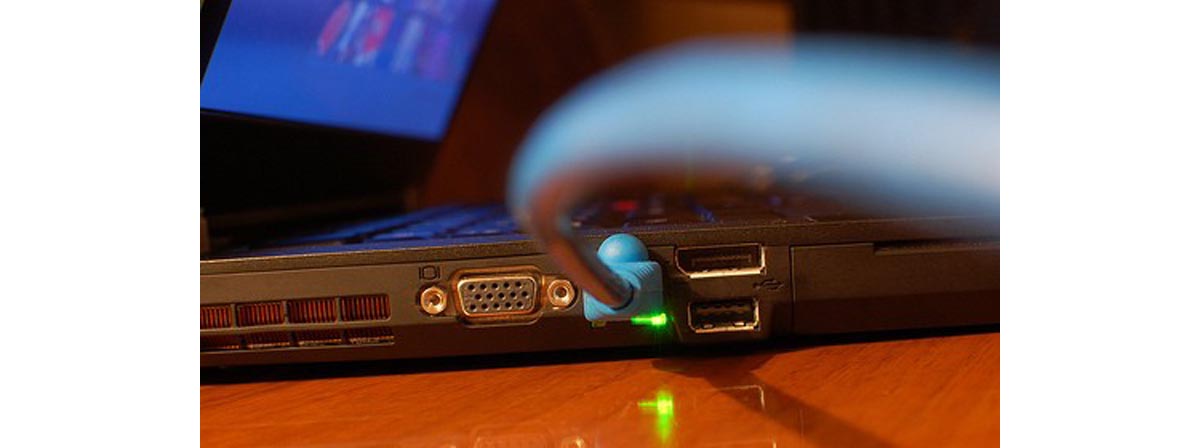Table of Contents
With the advent of the Internet, Internet Addiction Disorder is an emerging cause of morbidity and problematic computer use. It is a growing social issue and in its wake, addiction to the Internet is causing neurological complications, psychological disorders, and social problems.

Although traditionally the concept of addiction described a physical dependency to a substance, it is applied to overuse of the Internet. Some of the terms used to describe the behavior include “Internet addiction,” “pathological Internet use,” and “problematic Internet use.”
Two schools of thought have emerged in the debate, i.e. those who believe that the Internet addiction qualifies for classification as a new and emerging psychiatric disorder, and others who classify certain individuals with problematic Internet use in relation to online activities such as gambling or pornography. Individuals with a history of addictive disorders are especially at risk of using the Internet in a problematic way.
Studies to research Internet addiction have largely focused on digital natives, primarily adolescent and young adults, those who had grown up in a well-developed Internet environment.
Internet addiction and psychiatric disorders
The growing concern has researchers proposing diagnostic criteria for problematic Internet use and inclusion in the Diagnostic and Statistical Manual of Mental Disorders, Fifth Edition (DSM-V). A large percentage of individuals with IAD reportedly present with some other psychiatric disorder. Individuals with hypomania, bipolar I disorder, general anxiety disorder, obsessive-compulsive personality disorder, and borderline personality disorder, and substance abuse disorder are more likely to be associated with IAD.
This association between IAD and psychiatric disorders provides insight into treatment and prevention for IAD. Since these disorders predispose individuals to IAD, appropriate screening and treatment may prevent emergence of IAD.
Negative effects on personal life
The Internet is a common leisure activity and individuals turn to it to cope with emotional and social difficulties. IAD decreases social communication and individuals develop problems in their interpersonal relationships. The Internet is taking away the need for human conflict and not deal with issues that need personal discussions. Conflict resolution is a part of our life and should not be avoided. Internet addiction might lead to loneliness, perhaps because the Internet has reduced the existing social support system.
Risk factors for internet addiction among teenagers
Stress, lack of social support, other addictions, depression, and anxiety are all risk factors for IAD. Unsupervised Internet use may lead teenagers to create personal pages and post real identities, pictures, and profiles leading to safety risks such as meeting someone with whom they only chatted on the Internet or communicating with an adult who was pretending to be much younger.
Studies suggest that teenagers and young adults who spend hours on the Internet are prone to engage in self-harming behaviors like suicidal attempts, have lower levels of self-esteem, and experience a decline in their social and psychological well-being.
- Han DH et al. Brain activity and desire for Internet video game play. Compr Psychiatry. 2011 Jan-Feb, 52(1):88-95
- Cash H et al. Internet Addiction: A Brief Summary of Research and Practice. Curr Psychiatry Rev. 2012 Nov, 8(4):292-298
- Bernardi S, Pallanti S. Internet addiction: a descriptive clinical study focusing on comorbidities and dissociative symptoms. Compr Psychiatry. 2009 Nov-Dec, 50(6):510-6.
- Ko CH et al. The association between Internet addiction and psychiatric disorder: a review of the literature. Eur Psychiatry. 2012 Jan, 27(1):1-8
- Yellowlees PM, Marks, S. Problematic Internet use or Internet addiction? Comp Hum Behav. 2007 (23): 1447-1453.
- Photo courtesy of Great Valley Center by Flickr : www.flickr.com/photos/greatvalleycenter/7264784614/
- Photo courtesy of Vladimir Yaitskiy by Flickr : www.flickr.com/photos/kronny/8214497287/
- www.gov.mu/portal/sites/cert/sid2012/Psychological%20Impact%20of%20Internet%20usage%20on%20Children.pdf
- iml.jou.ufl.edu/projects/spring03/mentzer/disadvantages.htm
- academicearth.org/electives/internet-changing-your-brain/
- www.psychologytoday.com/blog/hidden-motives/201009/the-internet-and-the-brain
- www.today.ucla.edu/portal/ut/PRN-081015_gary-small-ibrain.aspx
- lateralaction.com/articles/internet-brain/
- www.theguardian.com/technology/2010/aug/15/internet-brain-neuroscience-debate
- news.bbc.co.uk/2/hi/7667610.stm
- www.npr.org/templates/story/story.php?storyId=127370598
- www.huffingtonpost.com/shaahin-cheyene/internet-brain_b_1248845.html

